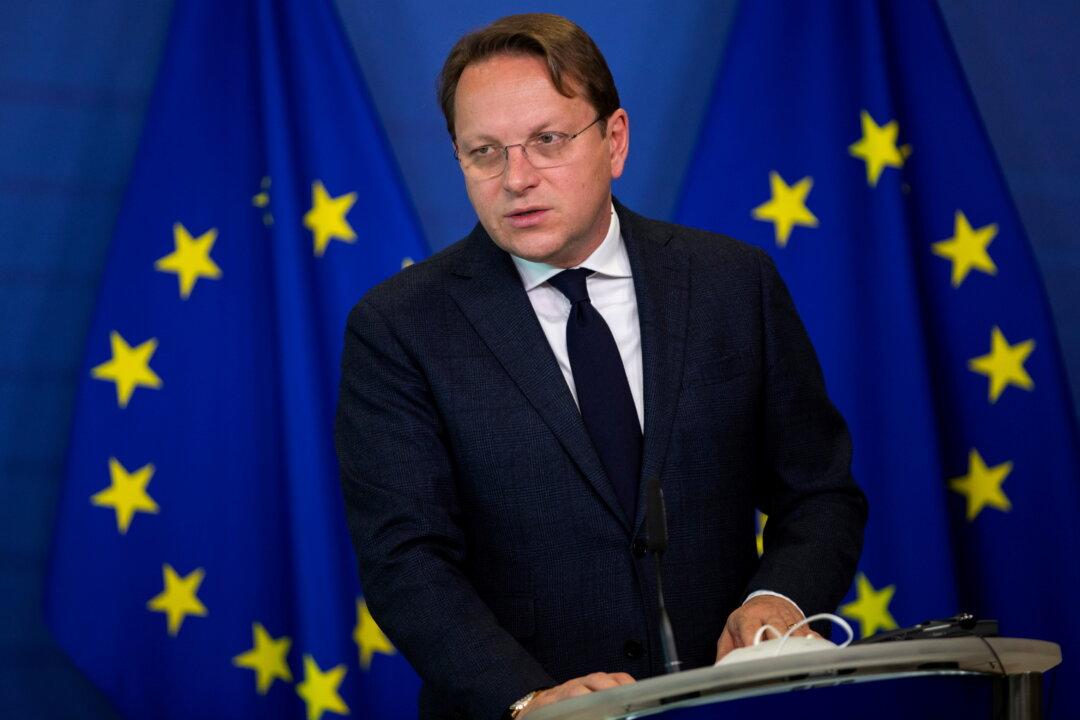VIENNA/BRUSSELS—The European Union will ship over half a million COVID-19 shots to the Western Balkans by August using for the first time in the region a vaccine-sharing mechanism meant to help its poorer neighbors and to challenge Chinese and Russian influence.
The EU move comes after China and Russia distributed millions of doses of their vaccines in the region, whose countries are candidates to join the EU, and months after the EU vaccine-sharing mechanism was set up.





